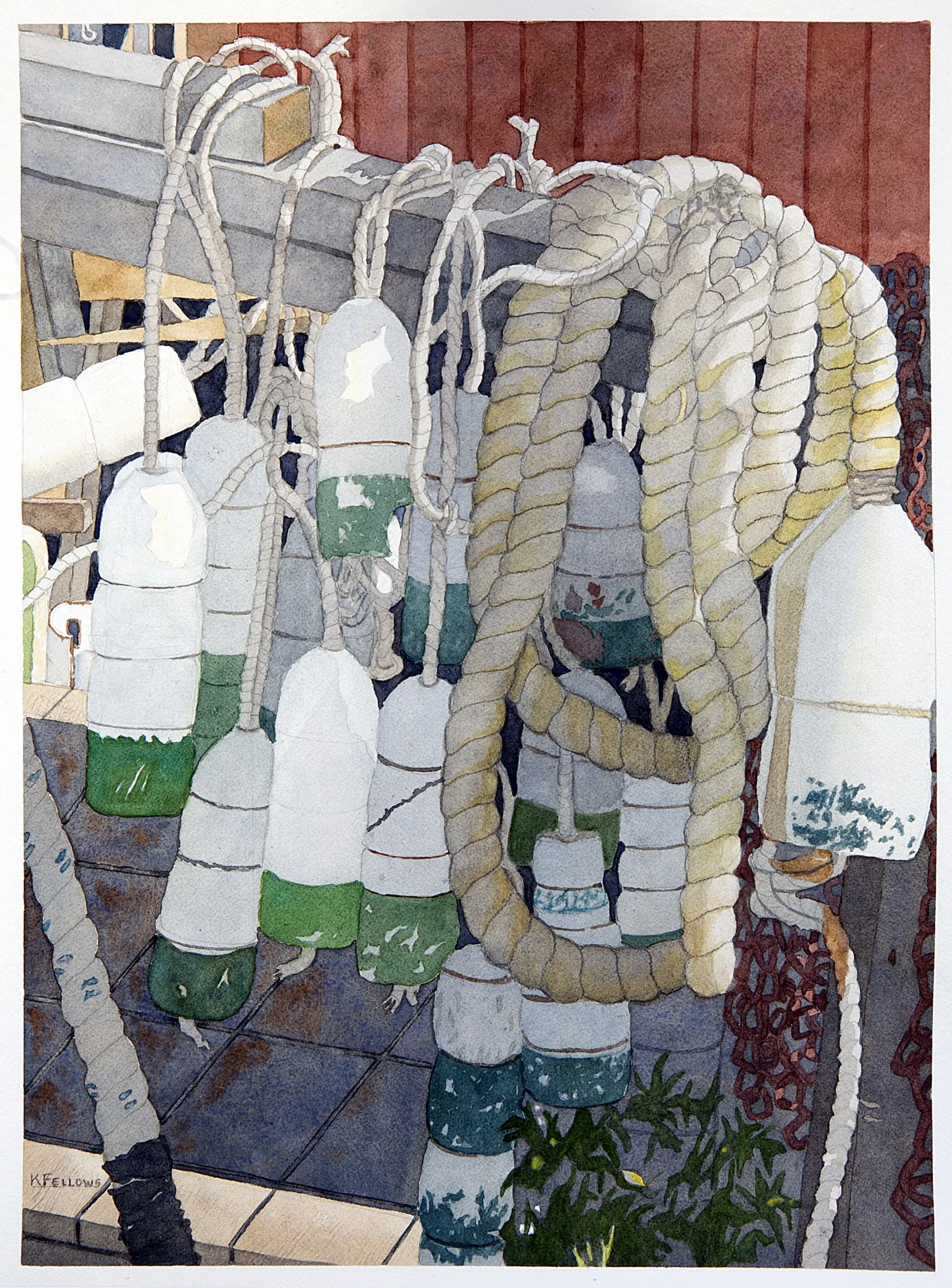Strangers, Angels, Visiting Firemen
“Do not neglect to show hospitality to strangers, for by doing that some have entertained angels without knowing it.”—Hebrews 13:2, NRSV.
Early in our medical careers, as my husband and I had the opportunity to help develop departments at Arkansas Children’s Hospital, we constantly recruited out-of-town physicians looking for positions in our specialties for several weekends a month.
We also had three small children we wanted to be with, especially on the weekends. So, we usually took our children with the visitors on tours of Little Rock and treated them to lunches in the afternoon. We often ate at a hotel restaurant with an indoor glass elevator and escalators. When the children had enough recruitment entertainment at lunch, they entertained themselves by making several birds-eye-view trips up and down the hotel elevator and escalators.
I don’t know if this term is still in fashion, but we would identify the visiting physicians to our children as “visiting firemen.” The phrase is still a well-used part of our family vocabulary.
Many of these “visiting firemen” indeed became “angels unawares,” as the King James Bible translates this verse from Hebrews. We had no idea how we would be able to work with those we were recruiting, but we took a leap of faith, and they changed and healed children’s lives, and influenced us as well.
They helped us put out fires when the politics of medicine reared its ugly head. They taught us by their presence how grateful we were for them every day as we tried to solve, identify, and change the course of children’s diseases, consulting with each other in community rather than making decisions by ourselves. Their presence and wisdom changed me from an anxious person to a grateful person. They brought with them peace, one of the fruits of the Spirit in Galatians 5.
The most significant accumulation of strangers we now meet is at St. Mark’s food pantry. But soon they, as well, are no longer strangers. Many, indeed, are angels. They ask for prayer, but know how to pray better than we do. They have very little, but they share it with others. Many bring their neighbors who cannot drive. They repeatedly tell stories about how blessed they are. Perhaps this is a sign of an angel who lives in gratitude.
I share with spiritual friends that I have learned most often from strangers that gratitude is a path to our soul and the God within us.
If you or a loved one became sick during this pandemic, you indeed met many strangers who were angels, unaware. But we don’t need to get sick to see the angels. They bring our mail. They work in our grocery stores, pharmacies, and food pantries.
Today, we also remember Macrina Wiederkehr, who died near this time in 2020. Her book, Tree Full of Angels, speaks to what we are all trying to write about.
Joanna. Joannaseibert.com. https://www.joannaseibert.com/







